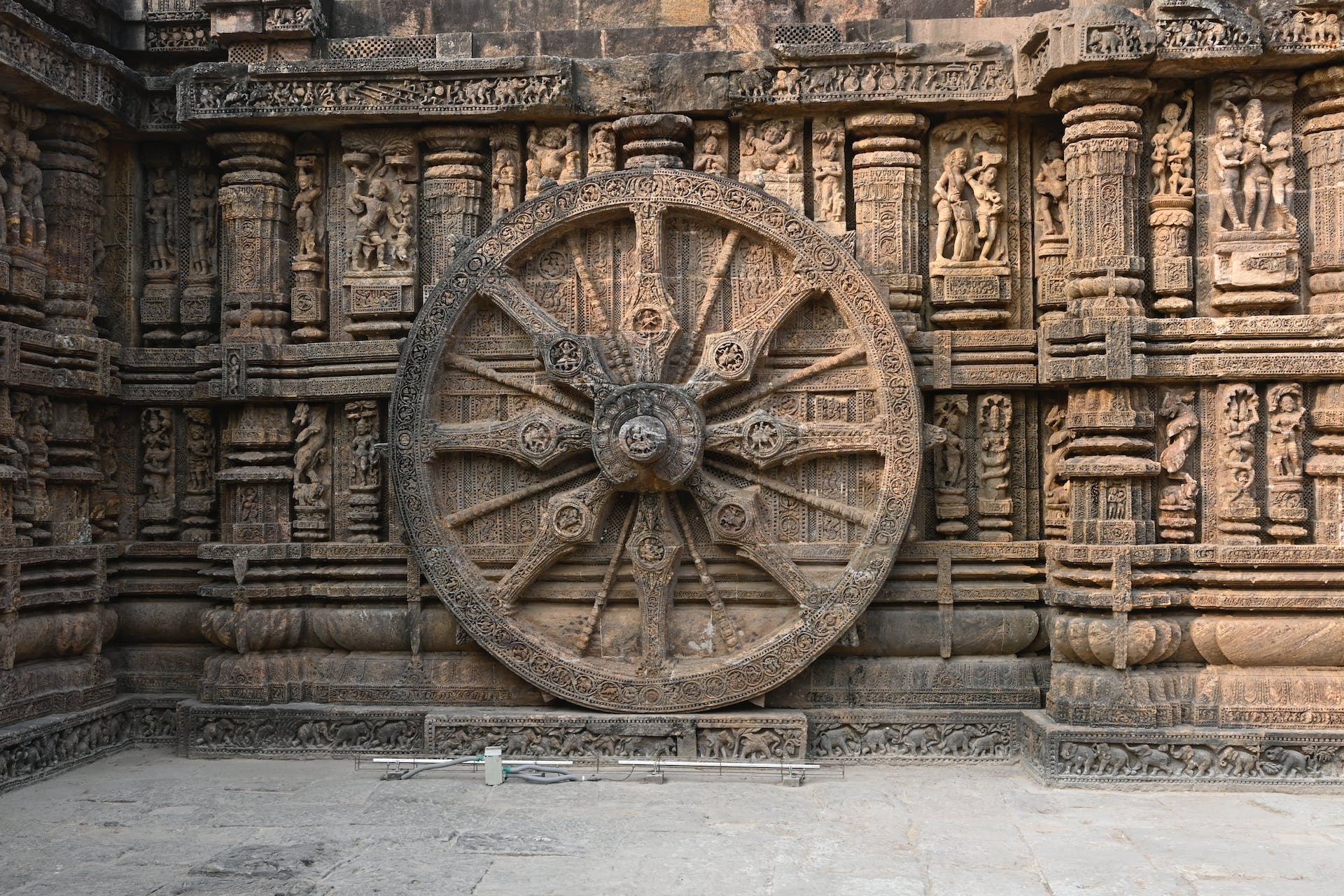In the discourse surrounding Indian politics and society, the intersection of the Hindu Right vs Liberal ideologies presents a fascinating confluence of perspectives. Rooted in India’s rich cultural heritage and spiritual traditions, these ideologies navigate complex narratives of nationalism, identity politics, and global dynamics.
The ethos of Sanatana Dharma, with its emphasis on inclusivity and universal principles, permeates Indian society, offering a unique lens through which to understand both the Hindu Right and Hindu Liberal perspectives. While the former is often associated with assertions of cultural and religious identity, the latter embraces notions of pluralism and social justice.
Within India, the discourse on Hindu nationalism is often framed within the context of majoritarian politics, with critics questioning its compatibility with principles of secularism and pluralism. However, the essence of Hindu nationalism lies in a deeper connection to India’s cultural identity and a desire to preserve its traditions in the face of modern challenges.
Abroad, the dynamics shift as the diaspora grapples with issues of identity and belonging. The idea of being a ‘liberal Hindu’ intersects with leftist ideologies, leading to nuanced debates on social justice, equality, and global solidarity. However, the complexities of navigating these ideological landscapes underscore the need for critical engagement and dialogue.
The discourse on caste, race, and religion further complicates the narrative, with each carrying distinct historical, social, and philosophical underpinnings. While caste-based discrimination remains a pressing issue in India, the conflation of caste with Hinduism perpetuates a skewed understanding of Hindu identity.
Amidst these complexities, it becomes imperative to dissect the underlying narratives and motivations driving these ideological positions. By examining the historical, social, and political contexts in which these ideologies emerge, we can gain a deeper understanding of their implications for Indian society and the global community.
Ultimately, the convergence of the Hindu Right and Hindu Liberal ideologies offers a perspectives that reflect the diverse and dynamic nature of Indian society. Through informed discourse and critical engagement, we can navigate these ideological intersections with nuance and empathy, fostering dialogue and understanding in an increasingly polarized world.

